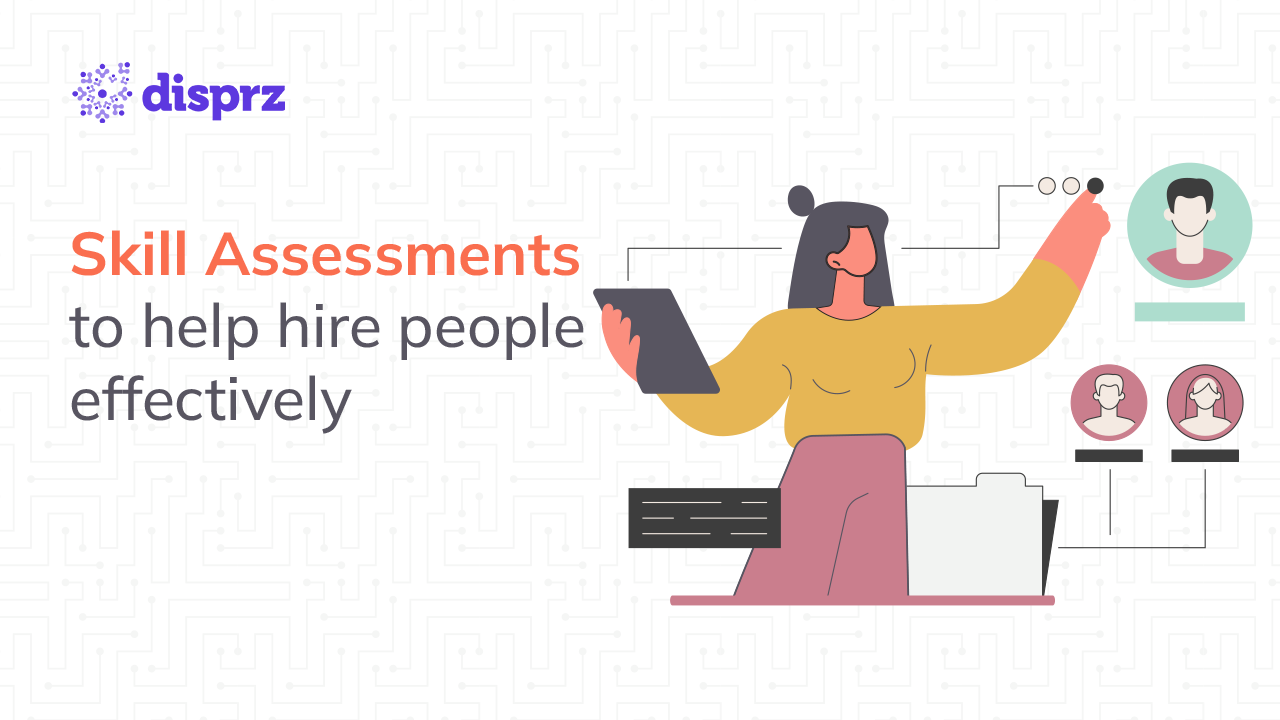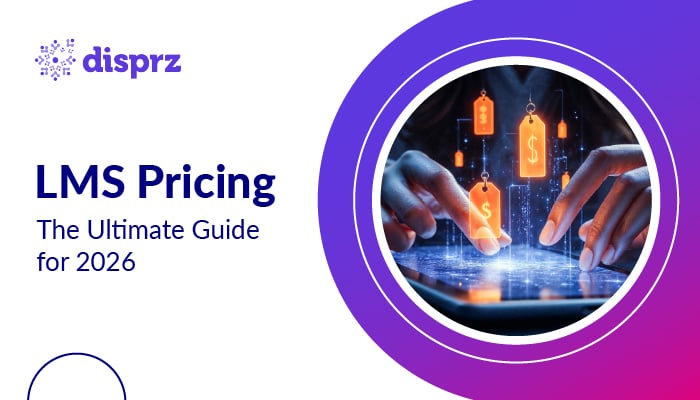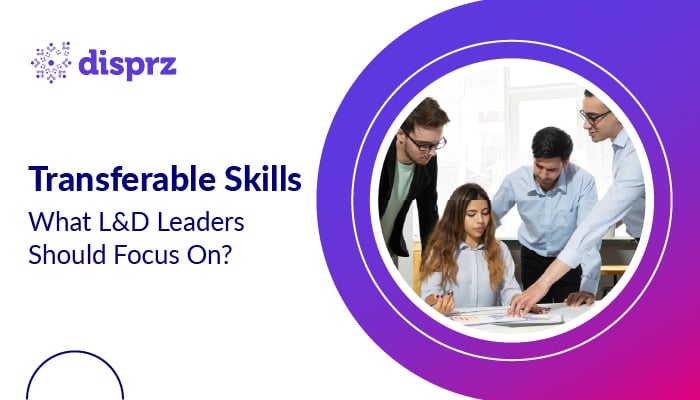Effective onboarding is crucial for new hires to become productive employees, yet many organizations fall short of providing adequate training and networking opportunities. Effective onboarding can increase an employee’s discretionary effort by more than 20%, driving performance and reducing turnover. Skill assessments play a pivotal role in evaluating competencies, aiding in targeted training, informed decision-making, and enhancing workforce productivity and organizational success.
They ensure alignment with job requirements, foster continuous improvement, and are integral to strategic talent management, ultimately contributing to long-term business objectives.
Challenges Faced in Skill Assessments During Onboarding
Navigating the complexities of skill assessments during onboarding presents several challenges that can impact the efficiency and effectiveness of the recruitment process.

Integration Complexity
Organizations often face challenges in integrating skill assessment platforms with their existing human resources (HR) systems or learning management systems (LMS), leading to inefficiencies and data silos.
Lack of Customization and Personalization
There are no skill assessments that are tailored to meet the specific needs and requirements of different roles and departments, especially in large organizations with diverse workforce profiles.
No Robust Assessments for Validity and Reliability
The lack of validity and reliability of skill assessments to accurately measure candidates' competencies and predict job performance is a significant challenge. Without robust validation processes, assessments may fail to provide meaningful insights.
Poor Candidate Experience
There are no skill assessments that provide a positive and engaging experience for candidates while accurately evaluating their skills. Lengthy or complex assessments may deter candidates or lead to biased results.
Data Security Risks
Organizations do not ensure that skill assessment platforms comply with data privacy regulations and protect sensitive candidate information. Ensuring data security and compliance with regulations such as GDPR or CCPA adds complexity to the onboarding process.
Overcoming the Challenges in Skill Assessments
Addressing common challenges in skill assessments can significantly enhance the accuracy, relevance, and overall effectiveness of your talent management strategies.
Optimizing Integration with Existing Systems
Invest in skill assessment platforms that seamlessly integrate with your current HR or LMS. Prioritize thorough testing and compatibility checks during implementation to minimize any potential disruptions.
Customization and Personalization
Collaborate with assessment providers to tailor assessments to job roles and organizational needs, ensuring alignment with evolving skill requirements. Utilize Disprz's AI-powered platform for personalized onboarding experiences and achieve high course completion rates, as exemplified by Deloitte's success with a 95% completion rate.
Ensuring Assessment Validity and Reliability
Implement stringent validation processes, including content validation, criterion-related validation, and predictive validity studies, to ensure that skill assessments accurately measure desired competencies and predict job performance. Continuously refine assessment algorithms based on performance data and feedback.
Enhancing Candidate Experience
Place a strong emphasis on candidate-centric design principles during the skill development assessments, focusing on usability, accessibility, and engagement. Conduct thorough user testing and gather feedback from candidates to identify areas for improvement and enhance the overall assessment experience.
Prioritizing Data Security and Compliance
Choose skill assessment providers with a solid reputation for adhering to industry-standard data security protocols and complying with relevant regulations such as GDPR, CCPA, or HIPAA. Conduct regular audits and assessments of data handling practices to ensure ongoing compliance and mitigate potential security risks.
Benefits of Implementing Skill Assessments in Onboarding
Implementing skill assessments in onboarding processes can significantly enhance the accuracy, fairness, and overall effectiveness of your hiring strategies.

Benchmarking candidates against industry standards
Skill tests benchmark candidates against industry standards, aiding hiring managers in assessing performance relative to predetermined criteria. This comparison offers a reference point for evaluating candidates' proficiency.
Reduced risk of bad hires
Skill tests enhance hiring accuracy by offering objective assessments, empowering data-driven decisions over intuition-based ones, thus mitigating the risk of mismatches. A bad hire can incur an average cost of $14,900, encompassing salary, benefits, recruiting expenses, lost productivity, and decreased morale.
Improved candidate experience
Skill tests enhance candidate experience by providing a tangible demonstration of skills, fostering transparency and fairness in recruitment. They also offer candidates insights into job expectations, promoting preparedness and enthusiasm, thereby enhancing employer branding and reducing turnover rates.
Bias-free and diverse hiring
Skill tests promote diversity and reduce bias by evaluating candidates based on objective measures rather than subjective biases. By screening out unqualified candidates early, these tests enhance efficiency and save time and resources for both employers and candidates. Standardized evaluations enable informed hiring decisions, increasing the likelihood of success and reducing turnover.
Best practices for conducting skill assessments
The best practices are as follows

A better understanding of workforce competencies
Employers utilize written, verbal, or practical tests for skills assessments to gauge individual abilities and knowledge. Insights garnered aid in hiring decisions and talent management strategies.
Closing skill gaps
According to Gitnux, 87% of companies worldwide believe that they either have a skill gap now or will have one soon. Skills assessments offer unbiased information about employee performance, enabling businesses to pinpoint areas in which employees' competencies are deficient.
Better planning for training and development initiatives
Assessing employee competencies informs their alignment with career goals and company vision. Data guides personalized development plans tailored to individual performance and aspirations.
Increased employee engagement
Career development opportunities significantly contribute to enhancing employee retention rates. Many employees express a preference for companies offering robust learning opportunities for skill enhancement and career advancement.
Measuring the impact of skill assessments
Measuring the impact of skill assessments is crucial for optimizing hiring processes and ensuring the effectiveness of your talent acquisition strategies.
Establish Baseline Metrics
Before evaluating the skill assessment platform, establish baseline metrics for time-to-hire, cost-per-hire, and candidate quality. This will provide a clear benchmark for comparison.
Conduct A/B Testing
If possible, conduct A/B testing by using the skill assessment platform for some positions and traditional methods for others. Compare the outcomes to identify the platform's specific impact, especially for tech and nontech roles in the mix.
Continuous Improvement
Regularly assess the effectiveness of the skill assessment platform and look for opportunities to refine and improve the process. This could involve updating assessment modules, addressing candidate feedback, or incorporating new questions/content as per the emerging roles.
Integration with other HR Technologies
Ensure seamless integration with other HR technologies, such as applicant tracking systems (ATS), interview platforms, and other human resource information systems (HRIS). This integration streamlines data management and provides a holistic view of the recruitment process in driving the quality of talent.
Conclusion
Effective onboarding is essential for converting new hires into productive employees, yet many organizations struggle with providing adequate training opportunities. However, skill assessments play a pivotal role in evaluating competencies, aiding in targeted training, and enhancing workforce productivity. Disprz's advanced Learning management system (LMS) and Learning experience platform (LXP) help overcome these challenges, providing seamless integration capabilities, customization options, and stringent validation processes.
By prioritizing candidate experience and data security, Disprz ensures engaging assessments while adhering to industry-standard protocols. Leveraging Disprz's platform enables organizations to benchmark candidates, reduce the risk of bad hires, and promote bias-free hiring practices. Through skill assessments, organizations gain insights into workforce competencies, close skills gaps, and enhance employee engagement, ultimately driving organizational success.
Lead the way with Disprz, and enable your teams to flourish! Schedule a demo now.








